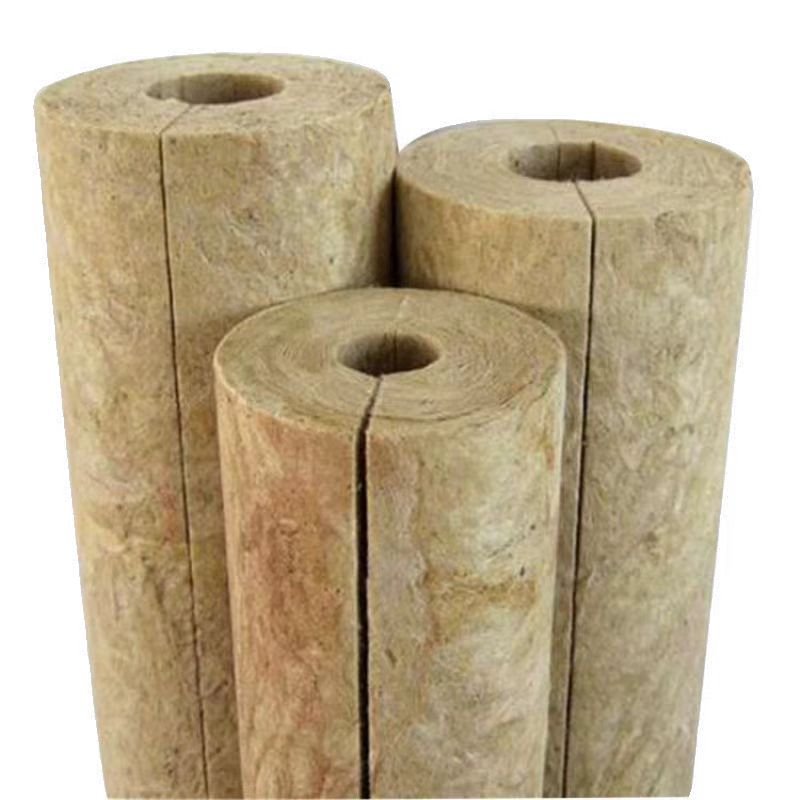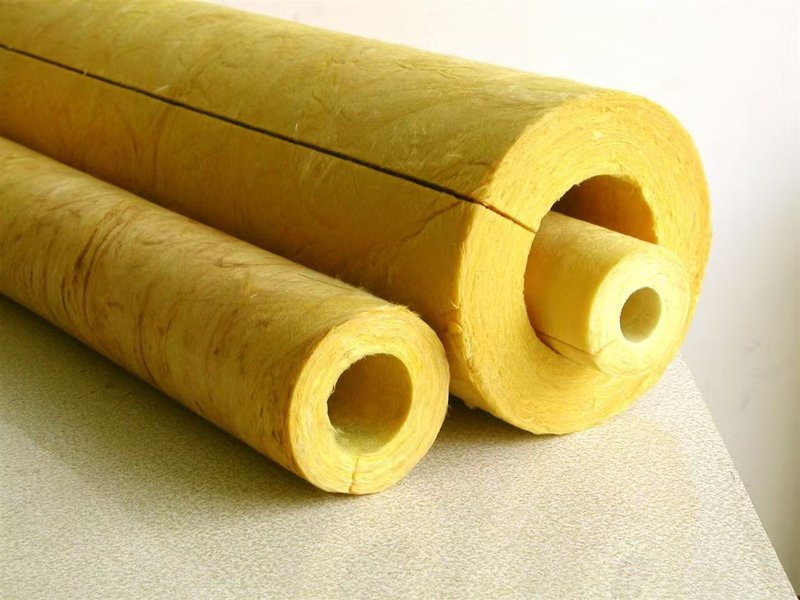Rock Wool Pipe Insulation: 2025 Price Guide and Real Project Cases
Why do some rock wool pipes sag in 2 years while others last 25? It’s all about density. Learn the difference between 100kg/m³ and 180kg/m³, check our 2025 FOB Tianjin price list, and see how we solved heat loss for Sinopec and Dubai HVAC projects.

After 12 years in the insulation industry, the most common question I get is: "Can rock wool really last 30 years on a steam line?" The answer is Yes, but only if you avoid the low-density "rubbish" and choose the right specification for your operating temperature.
1. The Two Density Standards for 2025
Don't settle for anything below 90 kg/m³. Here is what actually works:
- 100-120 kg/m³: Ideal for HVAC, chilled water, and acoustic insulation.
- 140-180 kg/m³: Mandatory for high-heat steam lines (≥120°C), refineries, and power plants to prevent sagging.
2. 2025 Price Reality Check (FOB Tianjin)
Estimated for DN100 pipe, 50mm thickness. Bulk orders over 500m.
- Standard (100-120 kg/m³ + Alu Foil): USD 2.8 - 3.4 per meter.
- Heavy Duty (150 kg/m³ + Alu Foil): USD 4.1 - 4.6 per meter.
- Extreme (180 kg/m³ + Anti-abrasion): USD 5.9 - 6.8 per meter.
3. Case Studies: Performance in the Field
A. Sinopec Refinery (168°C Steam Line): We supplied 150 kg/m³ pipe with 0.4mm aluminum jacket. Surface temperatures dropped from 135°C to 42°C, cutting heat loss by 64% with zero structural sagging after 18 months.
B. Dubai 52-Storey Hotel (HVAC): Using 120 kg/m³ rock wool with PPGI jackets solved condensation issues completely and reduced room noise levels by 11 dB.
C. Kazakhstan Cold Store (-35°C): Our 180 kg/m³ high-compression pipe shells have withstood 4 years of heavy forklift traffic without any deformation or loss of R-value.
4. Three Mistakes to Avoid
- Low Density: Using 80kg/m³ on hot lines is a recipe for disaster—it will sag like "spaghetti" within 2 years.
- Poor Sealing: Always ensure a proper jacket overlap to prevent moisture from destroying the fiber structure.
- Skipping Samples: Never buy bulk without testing the compression strength yourself.
Request a Free 1-Meter Sample: We provide free samples (up to DN200) for testing. You only pay for the DHL freight (approx. USD 65). Contact Ruibin An via WhatsApp+86 13933929092 to discuss your pipe diameter and temperature requirements.
LATEST NEWS
Don't Be Fooled by Reflective Paints: Why Your Industrial Roof Gets Hot Again in Year Two
2026-02-19
Stop the Bulk: How to Choose the Right "Core" for Removable Insulation Jackets? (Aerogel vs. Rockwool Real-World Comparison)
2026-02-16
The "Great Squeeze" of 2026: Why Your 90-Day Terms Are Putting 25-Year Assets at Risk
2026-02-14
Closing the 0.005 W/mK Gap: How EV Battery Tech Solved a Passive House Thermal Bridge Nightmare
2026-02-12
The 98% UK Retrofit Failure: The Vapor-Open Aerogel Fix (μ<5)
2026-02-09

